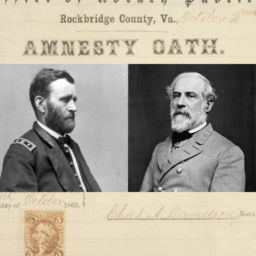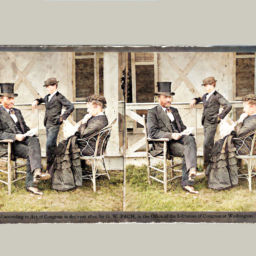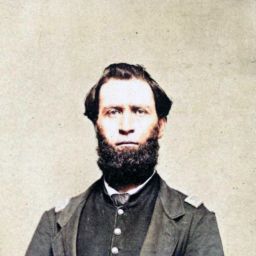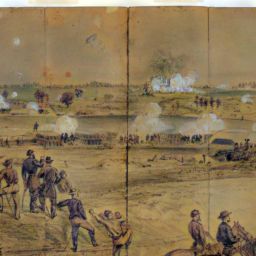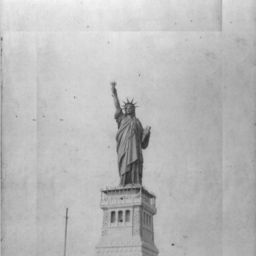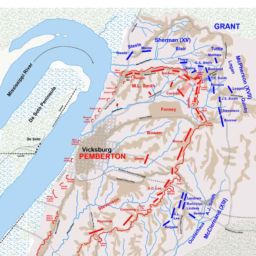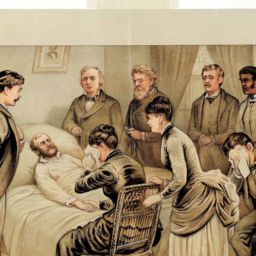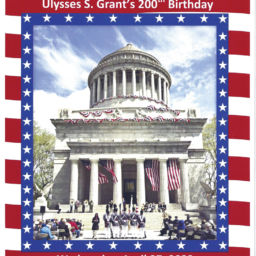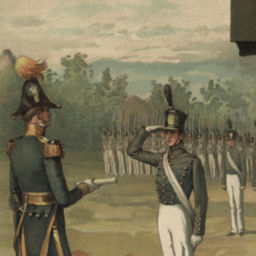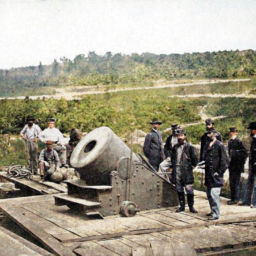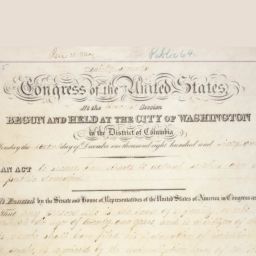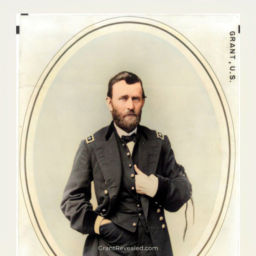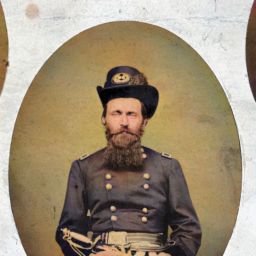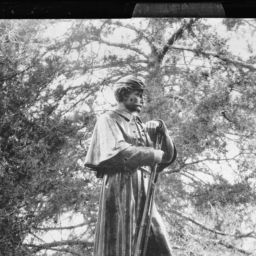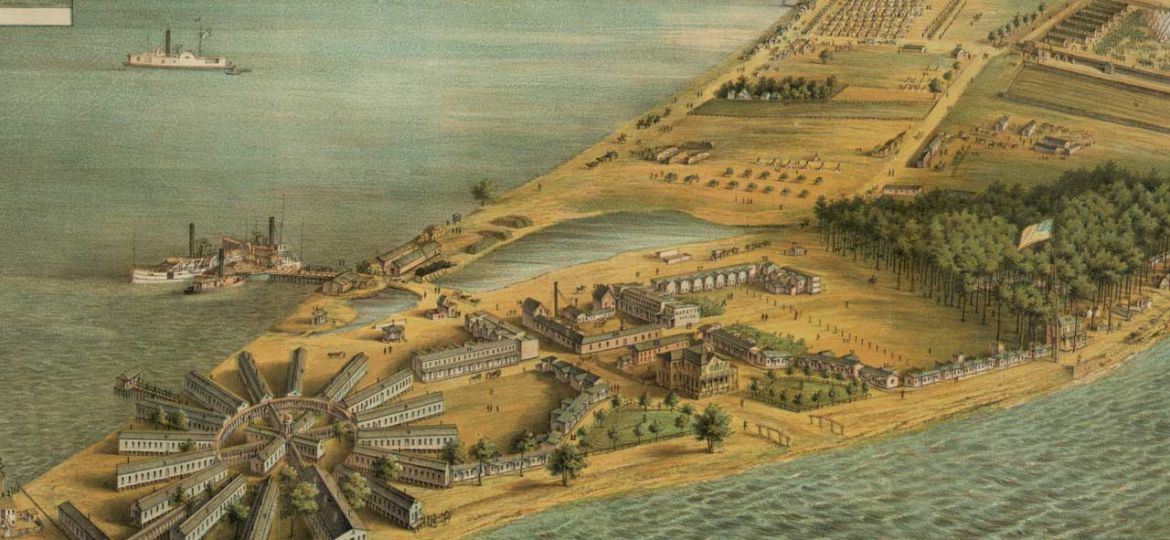
The YouTube account Life in the 1800s posted 1947 enhanced audio of Julius Franklin Howell (January 17, 1846–June 19, 1948), who joined the Confederate army when he was 16.
Scroll down to hear the audio.
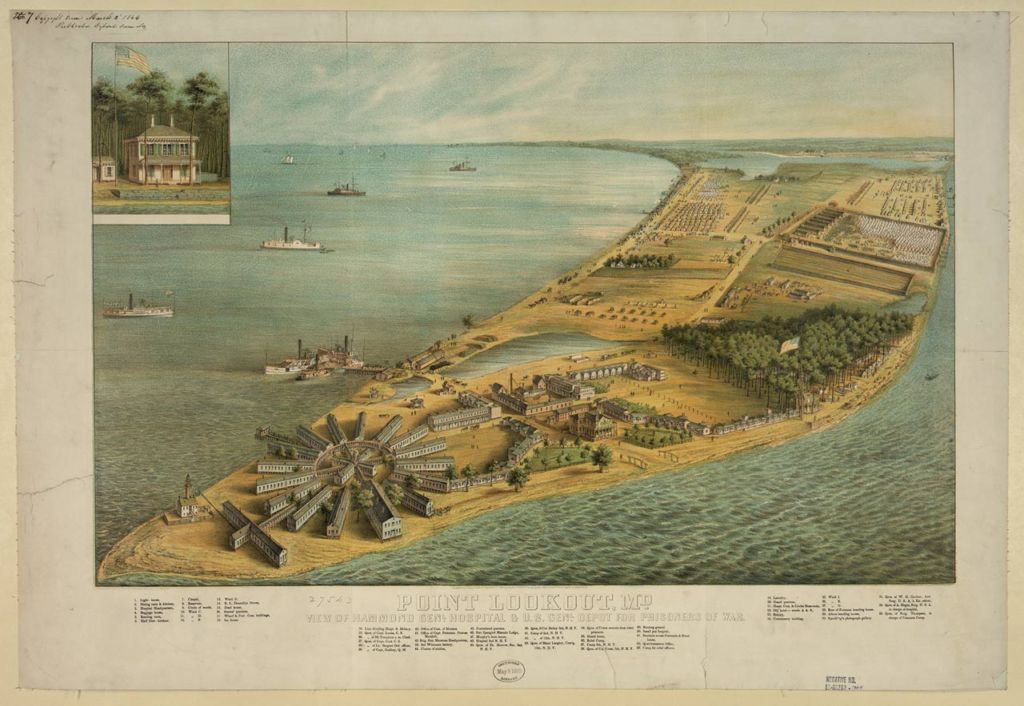
In his reminiscence about the day after Lincoln was assassinated, Howell speaks about the dawning realization that day that someone very important had died. He speaks of his feelings about President Lincoln and Ulysses S. Grant.
As I listened to it the first time, I certainly didn’t expect mention of U.S. Grant. But, there it was, right at the very end. (Thus this post.)
Life in the 1800s notes:
After surviving a few battles, Howell eventually found himself in a Union prison camp at Point Lookout, Maryland. It was here where he first heard that President Lincoln was shot the night before. In 1947, at the age of 101, Howell made this recording at the Library of Congress. Audio has been restored for clarity.
Here is a transcript of Julius Franklin Howell’s spoken words:
We landed in Point Lookout, Maryland, down here. And the day after we reached there, as a curious boy, I rose pretty early. We had just gotten there the afternoon before. I rose pretty early and went out to see how things looked around. There were 20,000 of us, a large encampment. I happened to look across in one direction, I don’t know which. There was a flagpole and a flag on it just rising. It stopped to look at it with curiosity. I stopped when it got halfway. Well, I knew what a halfway flag on a pole meant. I looked at it and thought: well, the rope that handles that flag must have a knot in it, and I’ll see a man going up that pole to untangle it. I waited a whole minute, and I casually turned my face in another direction, and there was another flagpole with a flag half-mast already. So I put my head in the tent, and there were five or six others of us. I said, “Boys, there must be some big Yankee dead. I wonder who it could be.” Of course, we had no means of knowing. And then, we waited about an hour. The sergeant blew a bugle.
We, 150 of my company, fell in, and as soon as he finished calling our name, a number of us rushed up and asked, “Sergeant, what does the half-flag mean?” His face fell. He said, “President Lincoln was shot last night.”
Well, the feeling, the variety of feeling that came over us 20,000 men in just that one—of course there were several other prisons, as you know—.
But, as for me, and a boy of just 19, I didn’t know what to think. I could not feel any hatred toward Mr. Lincoln, ‘specially. I didn’t feel any special hatred toward any Federal soldier. And when I began to think how kindly General Grant afterwards on the 9th, after the war ended, acted toward General Lee, I felt kindly toward him.”
(It might also be noted that Howell elsewhere makes with racist language that was certainly not uncommon everywhere the U.S., albeit in some sections more publicly pervasive than in others, the following observation:
In 1860, Mr. Lincoln was elected as you know. There was a good deal of excitement that negro slavery would be interfered with, n—— would be set free, and all that. I knew of some brutalities exercised towards some of the negro slaves. My friend, this was a great curse on this country that we had slavery.)
IMAGE
Point Lookout, Md – View of Hammond Genl. Hospital & U.S. Genl. Depot for prisoners of war. c. March 2, 1864. Library of Congress.
https://www.loc.gov/pictures/item/2003656672/.
Source
“Man Born in 1846 Talks About the Day After President Lincoln Was Shot – Restored Audio.” YouTube.com. https://www.youtube.com/watch?v=yADst939VCA&t=62s.


